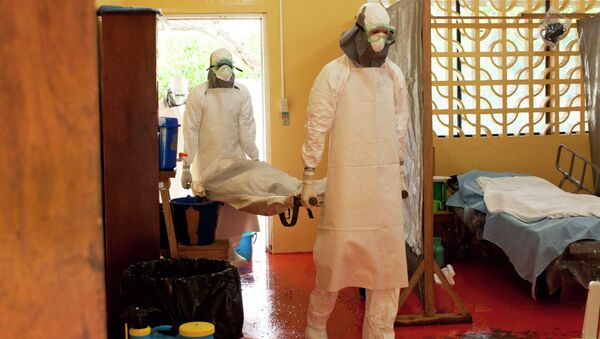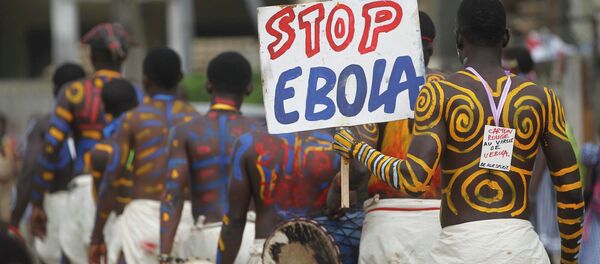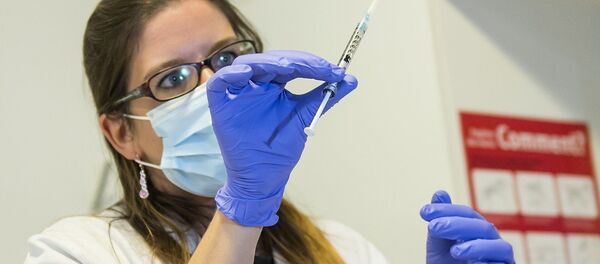"It must be stressed that it is not a miracle cure and it is still not known whether it will help patients survive the virus," Medecins Sans Frontieres (MSF) said, according to the AP, when announcing the beginning of the drug trial, which has been developed in conjunction with scientists at Oxford University.
A November press release from the University stated that up to 140 adults will be involved in the trial, which comprises a two-week treatment course of the drug brincidofovir, in tablet form. The University also announced that an additional two treatment trials are to be carried out by different international teams, in coordination with each other: The French National Institute of Health and Medical Research (INSERM) is leading a trial of a drug called favipiravir, while Belgium's Institute of Tropical Medicine is to carry out a trial to see whether antibodies in the blood of Ebola survivors can help patients fight off the disease.
The BBC reports that in Guinea the trial of favipiravir, which was originally developed to treat influenza, began in December at a MSF center in Gueckedou, the first results of which are due in a few months. The use of survivor plasma is being tested in Antwerp, according to the BBC, and is being given to a British nurse suffering from the disease in London.
On Tuesday the pharmaceutical company Johnson and Johnson announced the first phase of human trials of a preventative vaccine for Ebola, with the possibility of producing up to 5 million doses over a period of between 12 and 18 months. According to the WHO, the virus has an average mortality rate of around 50 percent, and fatality case rates have varied between 25 and 90 percent in past outbreaks. Up to January 6, more than 8,000 people were reported to have died from the disease in six different countries.




